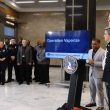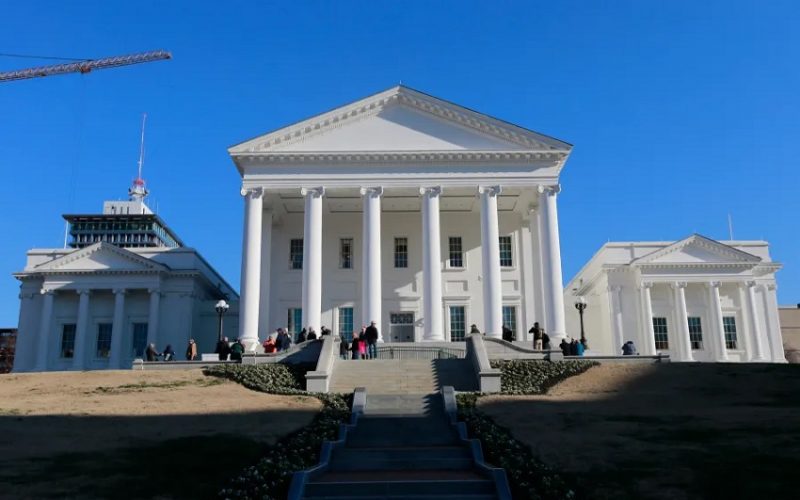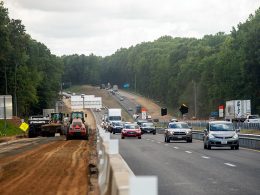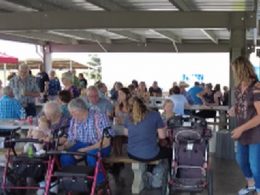River City, VA — As the 2025 General Assembly session pauses due to a water crisis in the city, Virginia lawmakers are turning their attention to the state’s aging infrastructure. When the General Assembly reconvenes on January 13, the conversation is expected to focus heavily on the need for significant investment in the state’s infrastructure systems.
House of Delegates Speaker Don Scott (D-Portsmouth) described the crisis as a “wake-up call” for lawmakers, highlighting how infrastructure—often taken for granted—can be fragile and susceptible to failure. “This is a good wake-up call for all of us at how precious these things that we take for granted can be,” Scott said.
Delegate Mike Cherry (R-Colonial Heights) echoed these sentiments, stating, “If there is a lesson to be learned, that’s what it is, how fragile our infrastructure system actually is.”
However, it is not just water systems that lawmakers are looking to address. Delegate Mike Jones (D-Richmond) is focusing on a financial issue that affects the capital city’s ability to fund infrastructure improvements. Jones, a former member of the Richmond City Council, believes the state’s current laws regarding property taxes on state-owned land are leaving the city underfunded.
Currently, state-owned properties, such as the Capitol and the General Assembly Building, are exempt from local property taxes. Instead, the state makes payments in lieu of taxes (PILOTs) to the city, but Jones argues that these payments are insufficient. According to Jones, the city only receives between $2 million and $3 million annually from the state, a far cry from the $15 million to $20 million the city could collect if the land were privately owned.
“We really have to assess the whole issue of payment in lieu of taxes,” Jones said. “Are we getting enough revenue?”
To address this gap, Jones advocates for changes to how these payments are calculated, and even suggests amending the state constitution to allow localities to collect property taxes on state-owned land. Such a move could significantly increase revenue for Richmond, which Jones argues could be used to improve critical infrastructure, including water systems, roads, and public services.
As the General Assembly prepares to resume its work, the issue of Virginia’s aging infrastructure is expected to be a central topic of discussion, with lawmakers on both sides of the aisle acknowledging the urgent need for reform and investment.











